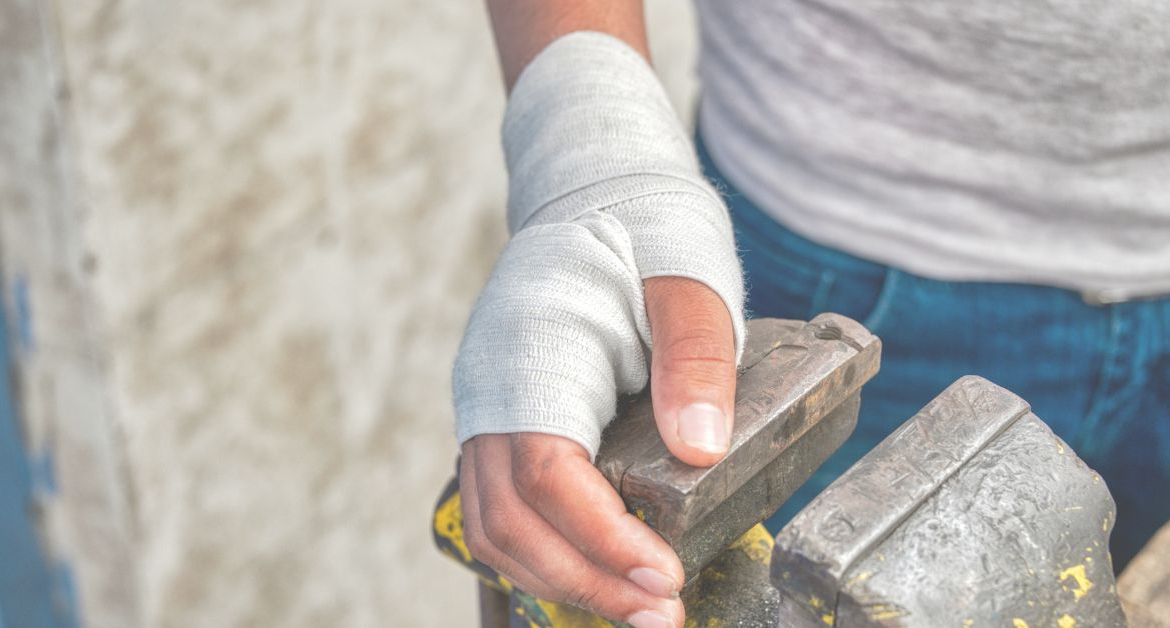Many injured workers complain that their workers’ compensation checks are not on time. Unfortunately, laws in Virginia provide employers and insurance companies significant leeway when sending payments to you. However, there may be a remedy when these checks become irregular or late.
Pursuant to Va. Code § 65.2-524, the employer and its insurance company are responsible for a 20% penalty on all payments that are more than 14 days late. While we agree that waiting 14 days is too long to wait when your bills are piling up, this law eventually allows you to get the insurance company’s attention. If your checks are mailed more than 14 days late, you can file a claim for this penalty with the Virginia Workers’ Compensation Commission on all delinquent payments. Always remember to save the envelope when you receive the late check because the postmark date will be your evidence that the check was not mailed on time.
Before filing for a penalty, it is also critically important that you have an award for ongoing disability checks. If the insurance company is sending checks without this “award” from the Commission, then the law for a penalty at Va. Code § 65.2-524 cannot help you. Therefore, always be sure that you file the appropriate claims for the appropriate benefits with the Commission. Unfortunately, procedure for workers’ compensation benefits can be very confusing. Call us to discuss your case and your benefits to make sure that you are receiving all benefits.
Vocational rehabilitation in workers’ comp cases
Workers’ compensation is almost always a very frustrating process for the injured worker. There are many delays involved, and your right to healthcare benefits and disability payments are often litigated in the Virginia Workers’ Compensation Commission. There are clear injustices involved in this delay while waiting for a doctor appointment, a diagnostic test, a necessary operation, or disability checks.
When you finally obtain the necessary medical treatment and disability payments, the frustration and litigation is not over. Once your doctor releases you to some type of light duty work, the employer and insurance carrier may offer you a light duty position. It is very important to accept that light duty offer.
If the employer and insurance company may also insist that you undergo vocational rehabilitation. This can be a frustrating process for the injured worker. You may need to periodically meet with a vocational counselor of the insurance company’s choice to complete job applications, build a resume, go to job fairs, and other efforts to return to work. Many times, these jobs are not the positions that you desire. However, it is critically important that you continue to meet and communicate with the vocational counselor. Always remember that if the employer or its insurance company believe that you are not complying with the vocational rehabilitation process, they can file an application to terminate your disability checks.
While vocational rehabilitation can be a frustrating process, there are Guidelines published by the Virginia Workers’ Compensation Commission to govern this process. You can review these Guidelines at the Virginia Workers’ Compensation Commission’s website. If your disability checks are stopped because of a vocational rehabilitation issue, it is important to act immediately.
If you are undergoing vocational rehabilitation and would like to discuss this process with us, call us to discuss how you should proceed.
Benefits for permanent workplace injuries
Workers’ compensation laws in Virginia provide for several benefits, including payment of your medical bills and a portion of your wage loss. There is a common misconception that you can receive compensation for your pain and suffering through workers’ compensation, but unfortunately there are no laws that allow for pain and suffering compensation in workers’ compensation cases. However, Virginia laws do provide for specific benefits to people who sustain certain permanent injuries at work.
Virginia code § 65.2-503 provides for permanent partial disability benefits. There is a strict formula for these benefits. First, you will be paid according to the injured body part that is permanently impaired. For instance, an arm injury will be paid a maximum of 200 weeks, a leg injury a maximum of 175 weeks, a hand injury a maximum of 150 weeks, and a foot injury a maximum of 125 weeks. There are also benefits paid for permanent finger and toe injuries, as well as vision and hearing loss and permanent scarring and disfigurement. There are different values assigned to each of these body parts. Second, you need to obtain an impairment rating from your treating physician. That rating will be multiplied by the number of weeks afforded to the applicable body part. Therefore, if you have a 20% impairment rating for your arm injury (200 weeks), then you will be awarded permanent partial disability benefits for 40 weeks (200 weeks x 20% = 40 weeks). Finally, these benefits will be paid at the same weekly rate as the checks that you receive when you are totally disabled from work.
Remember that you cannot pursue these benefits until you have reached maximum medical improvement. Therefore, remember to stay in touch with your treating physician to discuss when you plateau in your recovery from your injuries. Once you reach maximum medical improvement, your treating physician will commonly refer you to a functional capacity evaluation to test your abilities in the workplace. Make sure that you ask for impairment rating testing at the same time as the functional capacity evaluation so that you can pursue your permanent partial disability benefits.
Also, Virginia law provides that you have three years from the date that you were last paid disability benefits under an award to file a claim for these permanent partial disability benefits. Therefore, not only can the procedure be confusing to prepare your claim for permanent partial disability benefits, but there are also strict deadlines. Call us to discuss your case and whether you can pursue these benefits in connection with your injuries.


